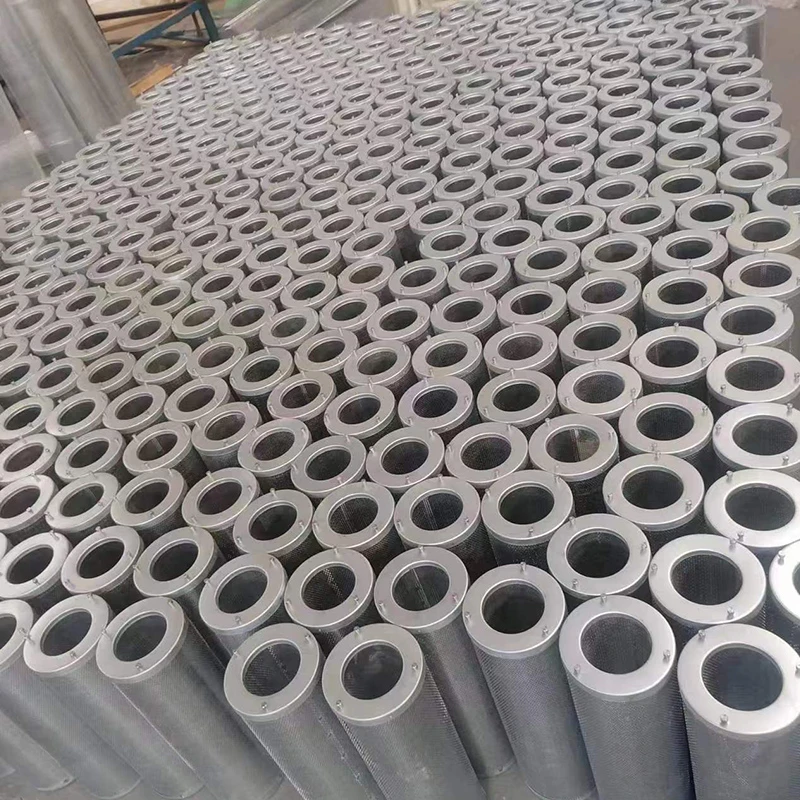 Tel:
+8615930870079
Tel:
+8615930870079
Nov . 19, 2024 21:46 Back to list
gas turbine inlet filter
The Importance of Gas Turbine Inlet Filters
Gas turbines are critical components in various applications, including power generation, aviation, and industrial processes. One of the key factors that determine their efficiency and longevity is the cleanliness of the air entering the turbine. This is where gas turbine inlet filters come into play, serving a vital role in ensuring optimal performance and reliability.
Gas turbine inlet filters are designed to protect the turbine from airborne contaminants such as dust, dirt, salt, and other particulate matter. These contaminants can cause wear and tear on engine components, leading to reduced efficiency, increased maintenance costs, and even catastrophic failures. By employing a robust filtration system, operators can significantly improve the lifespan and performance of their turbines.
The filtration process typically involves multiple stages, utilizing various types of filter media. Primary filters may capture larger particles, while secondary filters are tasked with removing finer particles. Advanced gas turbine inlet filters also incorporate technologies such as electrostatic precipitation and HEPA (High-Efficiency Particulate Air) filtration to enhance particle removal efficiency. These technologies are crucial for turbines operating in harsh environments, such as coastal or desert locations, where the level of airborne contaminants can be particularly high.
gas turbine inlet filter

Moreover, maintaining the integrity of gas turbine inlet filters is essential for achieving optimal operational efficiency. Regular inspections, cleaning, and replacement of filter elements can prevent airflow restrictions that lead to a decrease in turbine performance. A clogged filter can create backpressure, causing the turbine to consume more fuel to maintain output levels, which ultimately impacts operational costs and carbon emissions.
In addition to performance and efficiency benefits, effective inlet filtration can also help meet regulatory compliance for emissions. By minimizing particulate matter entering the turbine, operators can reduce the overall environmental impact of gas turbine operations, contributing to sustainability efforts.
In conclusion, gas turbine inlet filters are indispensable for maintaining the health and efficiency of gas turbines. By protecting these machines from harmful contaminants, operators can enhance performance, reduce maintenance costs, and comply with environmental regulations. As the demand for cleaner and more efficient energy solutions continues to grow, the role of gas turbine inlet filters will only become more critical in ensuring the reliability and sustainability of gas turbine technology. Investing in high-quality filtration systems is not merely an operational consideration; it’s a strategic imperative for the future of energy production.
-
Types and Applications of Air Filtration CartridgesNewsJul.28,2025
-
The Role of Gas Turbine FiltersNewsJul.28,2025
-
Mastering Air Filter Cartridge UseNewsJul.28,2025
-
Advanced Turbine Filters for Modern Gas TurbinesNewsJul.28,2025
-
Cellulose Air Filter Cartridge Advantages in Dust FiltrationNewsJul.28,2025
-
Cellulose Filters for Air Particle ReductionNewsJul.28,2025

 Email:
Email:





